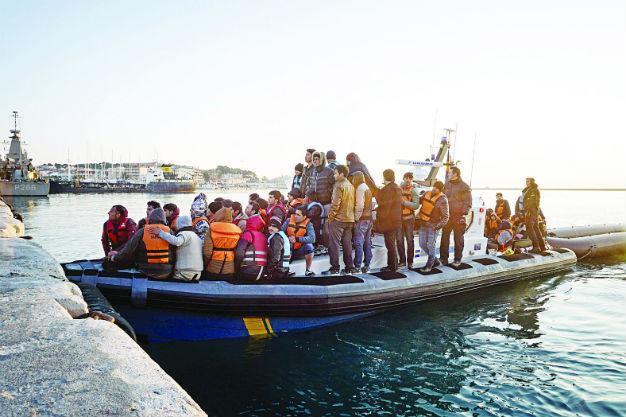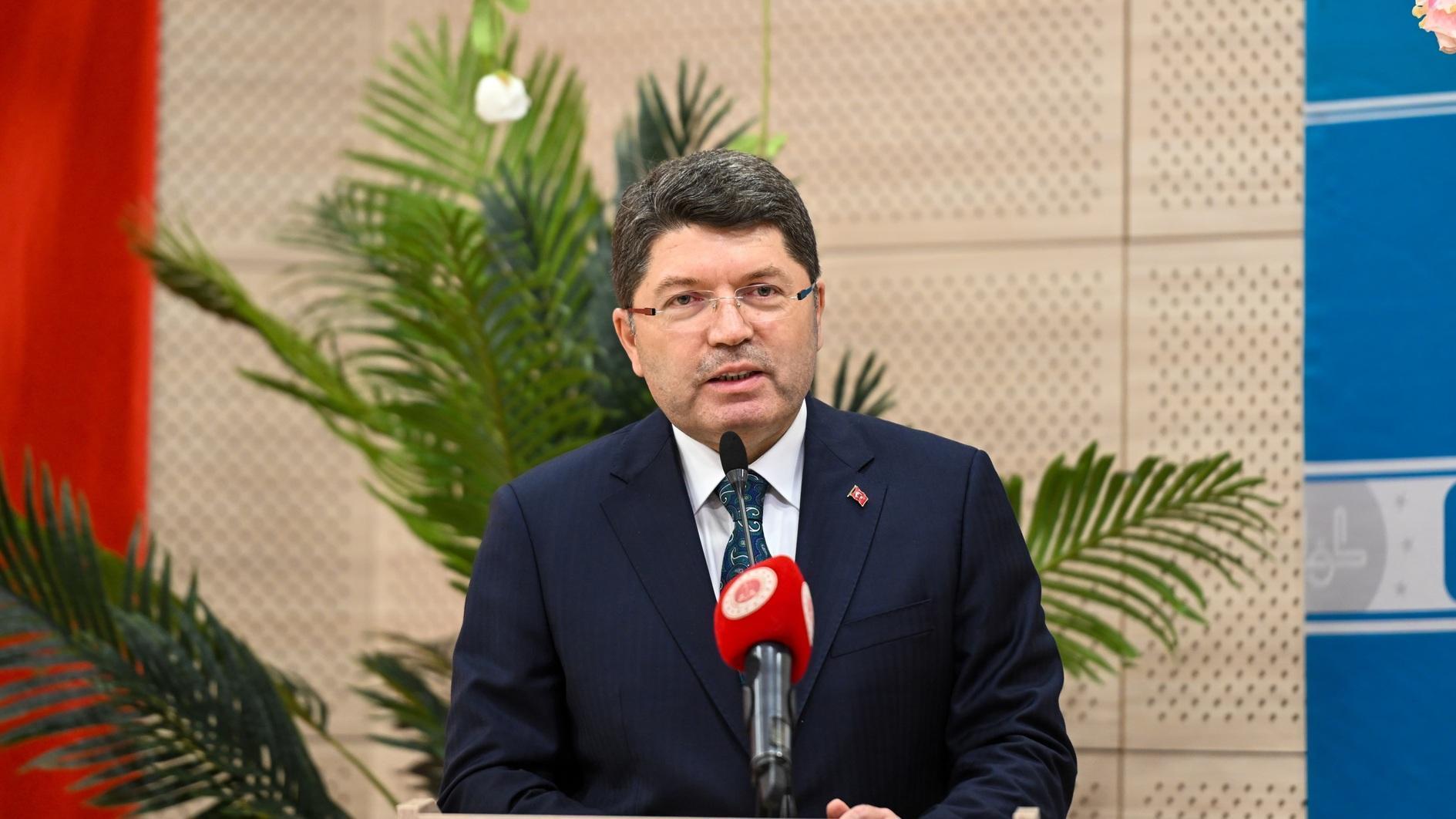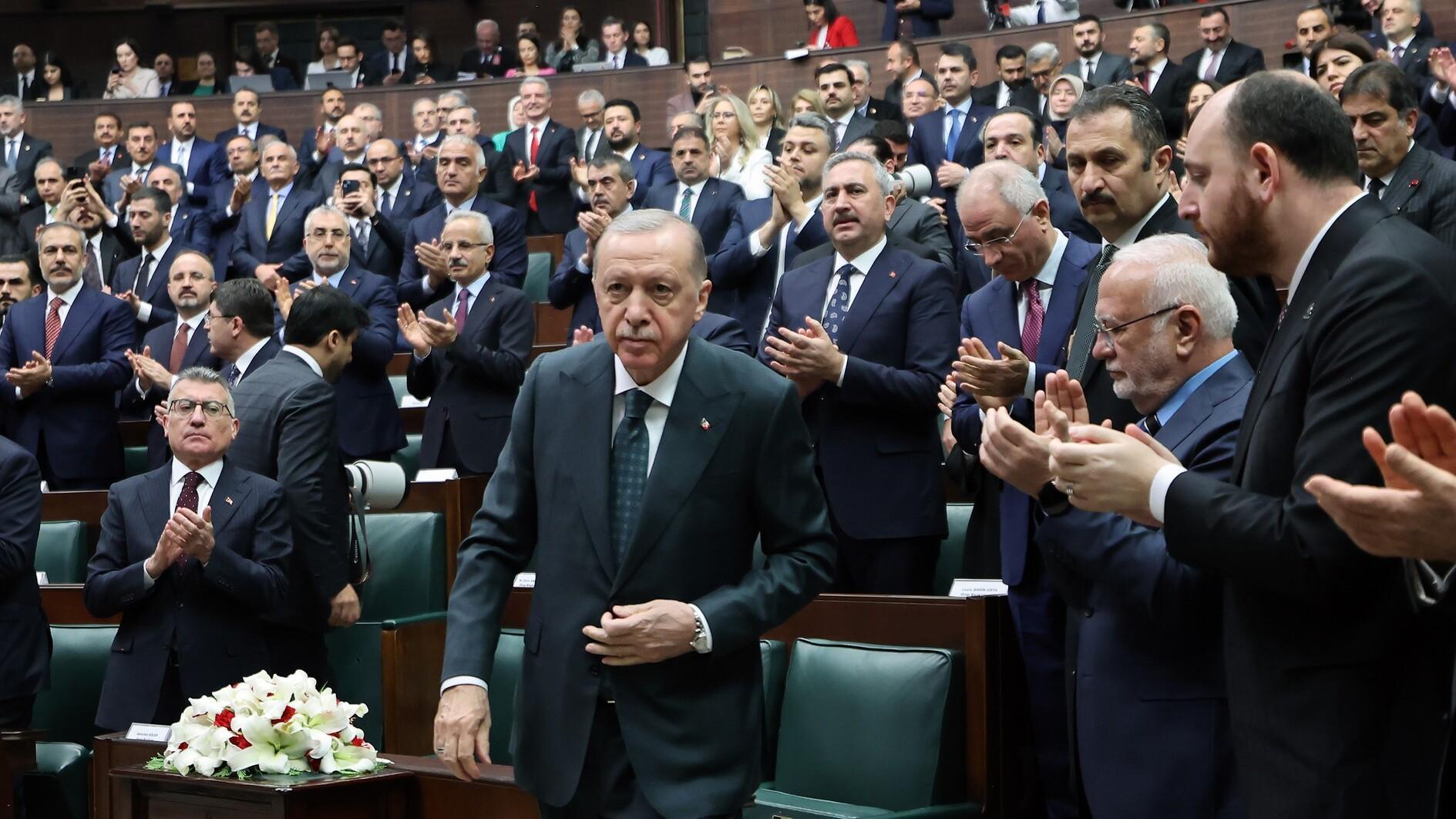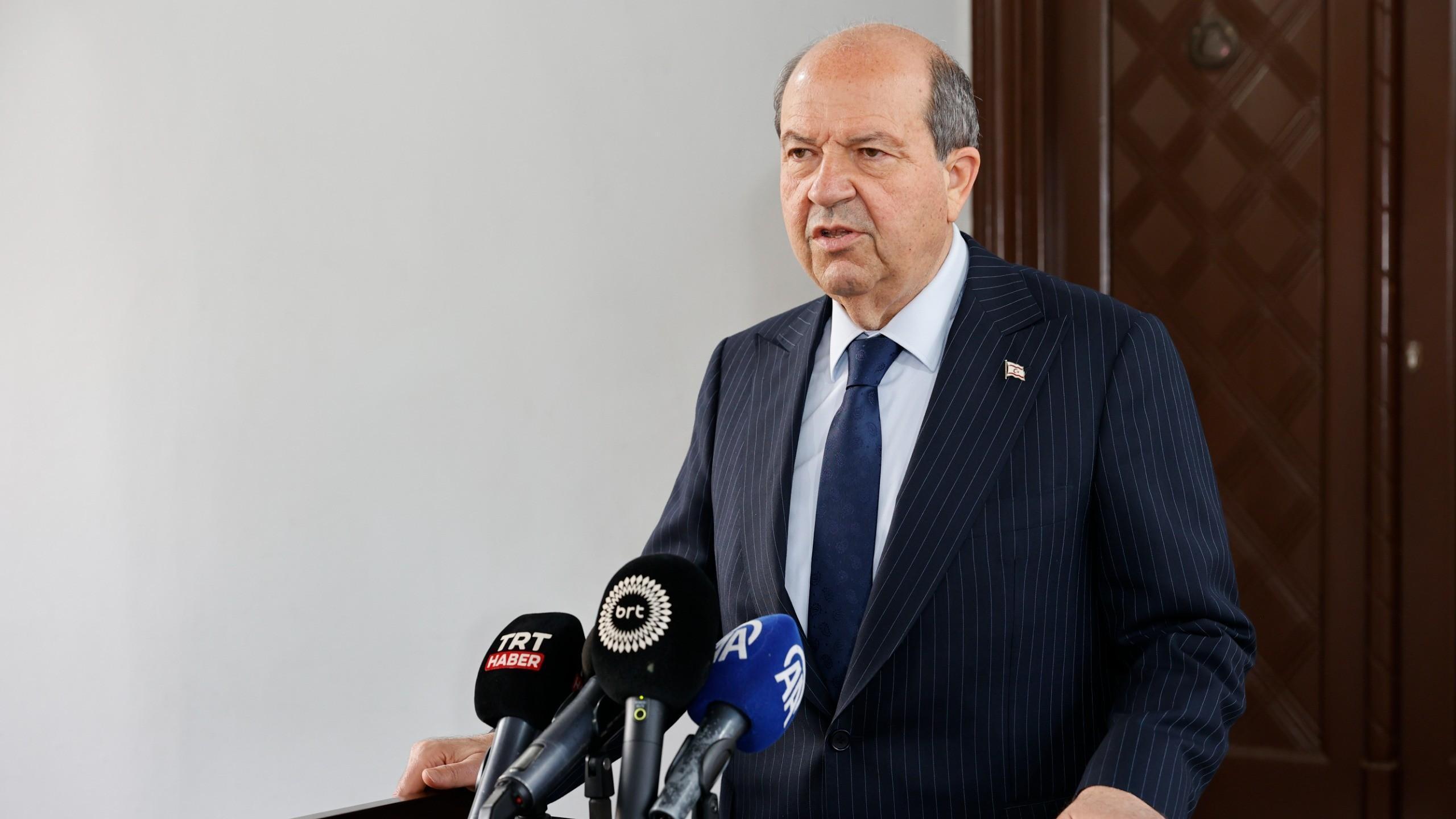Turkey-EU migrant deal manages to cut migrant flow, says Frontex
BRUSSELS

AFP photo
The Turkey-European Union deal reached to curb the influx of migrants into the bloc manages to reach the aim, among other reasons, with the number of migrants arriving in Greece dropping 90 percent in April in comparison to the previous month, the European Union border agency said on May 13.The agency, Frontex, said 2,700 people arrived in Greece from Turkey in April, most of them from Syria, Pakistan, Afghanistan and Iraq, a 90 percent decline from March.
The total for all of April is well below the number of people we often saw reaching just the island of Lesbos on a daily basis during last year’s peak months,” said Frontex Executive Director Fabrice Leggeri in a written statement.
Under the EU’s agreement with Turkey, all irregular migrants, who cross to Greece illegally across the sea are sent back as of March 20.
In return, the EU will take in thousands of Syrian refugees directly from Turkey and reward it with a total of 6 million euros by the end of 2018, grant visa-free travel for its citizens, if Turkey fulfills all of the necessary criteria, and faster progress in EU membership talks.
Stricter border policies applied by the former Yugoslav Republic of Macedonia at its border with Greece was also accounted as one of the reasons of the drop in migrants.
Meanwhile, Doctors Without Borders on May 13 slammed the EU-Turkey deal as a “historic abdication” of Europe’s moral and legal responsibilities.
The medical charity, which goes by its French acronym MSF, voiced “profound concern” at the deal.
The agreement reached in March “effectively outsources caring for these people to Turkey,” MSF chief Joanne Liu said in an open letter to EU member states and institutions.
“In an era of the greatest displacement of humanity in decades, this is a historic abdication of your moral and legal responsibilities,” she said.
The Turkish agreement is the cornerstone of the EU’s plan to curb a crisis that has seen 1.25 million Syrian, Iraqi, Afghan and other migrants enter since 2015.
















